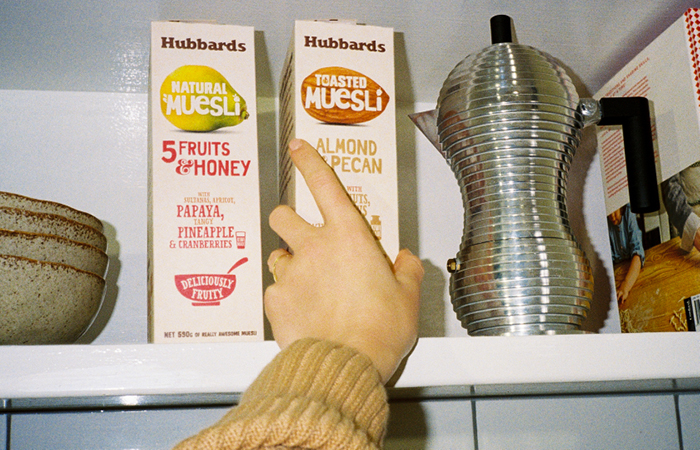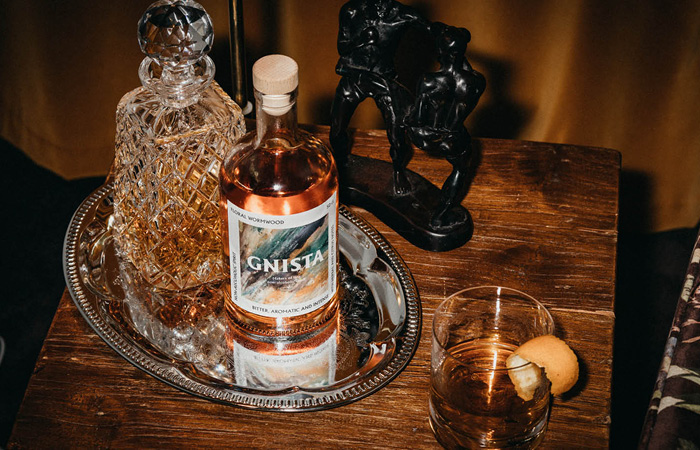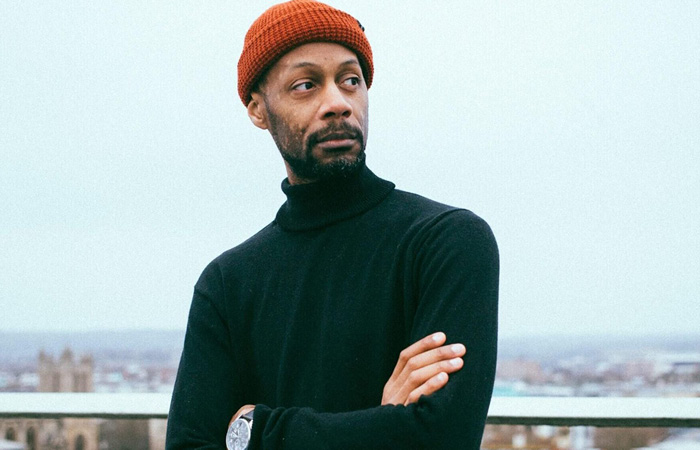ARTICLE / THE MAKING OF... SERIES
The making of...
Bread & Jam
This week we hear from Jason Gibb, co-founder of the UK's biggest annual food and drink founders' festival, Bread & Jam. In a lovely story of ‘paying-it-forward’, Jason shares the inspiration behind the two-day event where founders of emerging and scaling food & bev brands get the chance to pitch their wares and pick-the-brains of other entrepreneurs, innovators, investors, media, industry leaders and buyers.
Series
The making of... Series
Tags
Entrepreneurial
Start up
Hello Jason, can you give us a brief background about yourself?
I'm Jason Gibb, co-founder of Bread & Jam. I have a varied background - including TV production (running multi-million dollar television shows in London and LA), book and recipe writing, biochemistry (several academic papers published during my Ph.D.), and olive oil production.
I'm now very much in the food and drink startup world and this chapter started when I threw in a 10-year career as a Hollywood TV producer and bought an abandoned olive grove in Le Marche, Italy. I moved over there with my partner and young child and started an olive oil brand called Nudo. We came up with an 'adopt-an -olive tree' concept (where 'parents' can adopt an olive tree and they get the oil from their tree sent to them over the course of a year, and they can even come out and visit their tree and give it a hug) and managed to sell the oil around the world and in British stores such as Selfridges, Harrods, John Lewis, and Waitrose.
After 10 years of growing the business, I managed to successfully exit and co-founded Bread & Jam, the UK’s first food founders’ festival which supports emerging food and drink brands in the UK. Our main event, each October, is a one-stop shop for any food or drink FMCG business looking to start, scale or expand. I also started the FoodHub Forum on Facebook, which is a lively community of over 12,000 food and drink entrepreneurs.
I'm also a food entrepreneur at heart, and very keen to play a part in tackling the climate crisis we are facing, so I've recently focused on launching Unruly, a plant-based business that makes the most of my experience of following a plant-based diet for over 40 years.
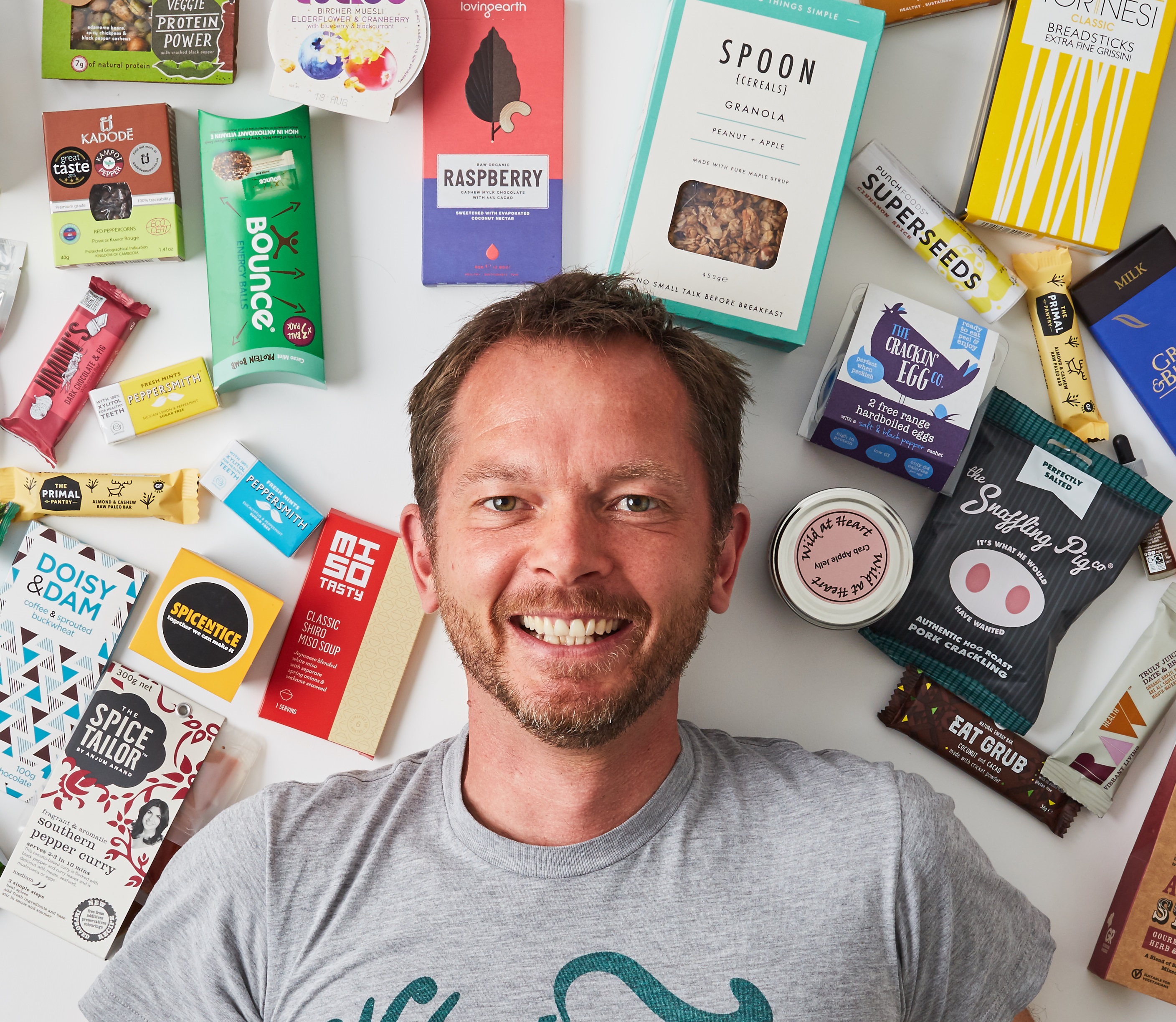
Jason Gibb, Co-Founder of Bread & Jam
How did you come up with the idea from Bread & Jam?
Bread & Jam came from my experiences of starting my own food business back in 2004 (Nudo). I had no background in the industry or experience of building a business and I needed help. I couldn't find any. ‘Surely I wasn't the first person to do this, so where the hell’s the manual?’ I asked myself. There wasn't one, so I had to build the business on gut-instinct and guile. However, when I did my first trade show back in London I discovered that the other food producers and brand owners, who had exhibition stands next to me, were very willing to share their contacts and advice and learnings, and that the food & drink startup community is one of the most supportive and collaborative you can find. So when I sold the business I thought I'd put my energy into creating a space where the community can come together and share knowledge. I teamed up with Tara Mei who has the same philosophy and that was where Bread & Jam was born.
What research did you do to arrive at what you've got now? How did you test your product-market fit?
The first year we organised the conference was back in 2016. We had to put a fair amount of our own money into hiring a prestigious location, to give us some gravitas, and into marketing and PR. But in terms of market research, we did little other than knowing from our own extensive experiences that there was a need for our support. It was a challenge to get people to pay to attend our events because they were not too sure what they were getting, but we just about managed to cover our costs.
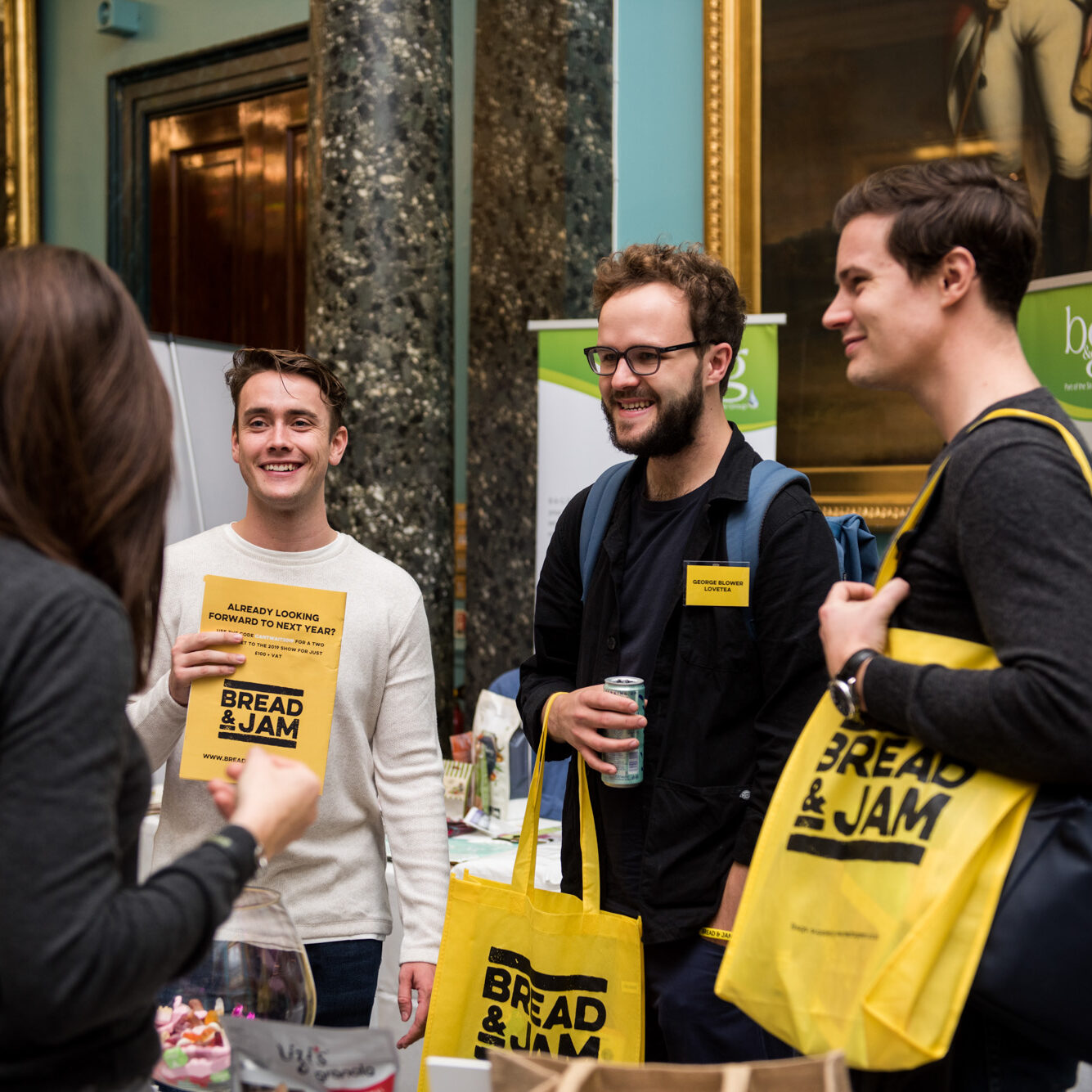
We’re glad to hear you covered your costs. So how did your first event go?
The first big event we put on was very much a fly-by-the-seat-of-your-pants affair. I've never done events before and Tara my co-founder had only organised small gatherings. But I do believe that if you follow the rules of getting the basics right, being thorough, treating people with respect, and honestly you can apply this to any product or service and do well.
Despite the behind-the-scenes being chaotic, the front-of-house looked pretty slick. We also learned a lot about what kinds of talks worked and what didn't. This has been constantly refined over the years.
How did you initially fund everything?
Both my olive oil business and Bread & Jam have been self-funded. More accidentally than on purpose I fell upon two business models that pre-generate cash that can be used to fund the delivery of the product - the first (adopt an olive tree) was essentially a subscription business where customers pre-bought olive oil up to six months in advance, and the second was a conference where you can sell tickets in advance and get a decent amount of funds in early by offering heavily discounted 'early-bird' tickets. And you can also do a lot by hustling, cashless contra deals, and bootstrapping.
When it came to branding, how did you go about the process to arrive at what you have today?
With Bread & Jam, we actually started out as Bread & Butter which was obviously a play on the other meaning of 'bread and butter' (i.e. how you earn your living). Unfortunately, I cut corners on the trademarking, did it myself, and didn't do the searches properly. A year after trading we got a cease-and-desist letter from a European events company (in fashion of all things) who were using the name in Germany. So we had to come up with a new name that wouldn't ruin our logo and colour palette that we loved. Turns out it was quite simple - Bread & Butter became Bread & Jam.
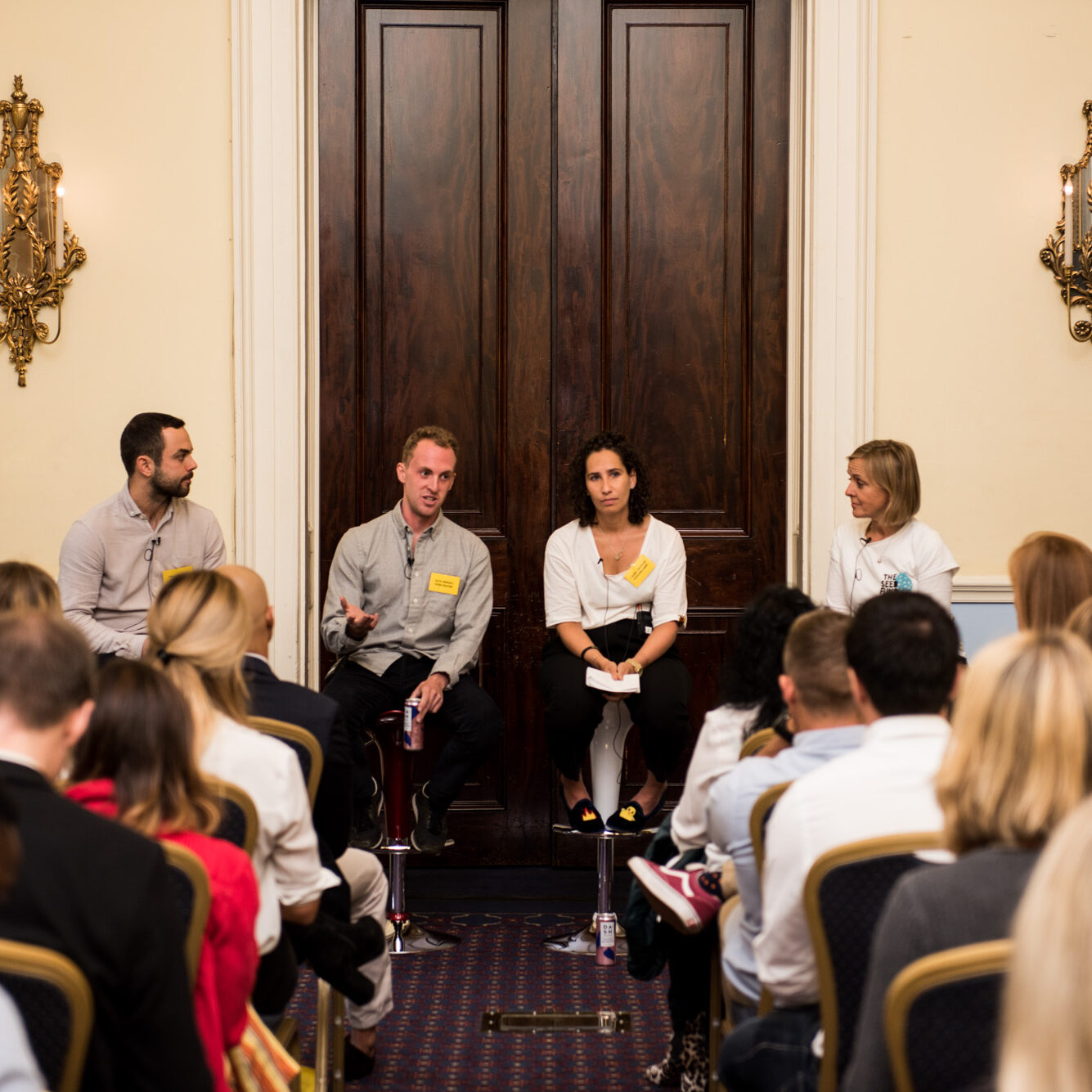
That’s a great lesson for many startups when it comes to carrying out due-diligence on IP and trademarking your name. Now you’ve changed it, how do you go about getting the word out there?
We run a Facebook community called the FoodHub - it has 12k food and drink entrepreneurs and industry experts on there, and many of them will come to our events. You have to put a lot of care into building a community, but again, get the basics right. It's not rocket science. We also use a PR company and find LinkedIn to be powerful. It's the only social media channel where there is a dearth of content (in my opinion).
What's the biggest challenge or challenges you think you'll face moving forward?
There’s a lot of confusion and contradicting thought around real-life versus virtual events. Like many things in life, 'somewhere in the middle' is probably the right answer. But it's such a rapidly changing landscape you have to be on your toes and listening to what people are saying.
